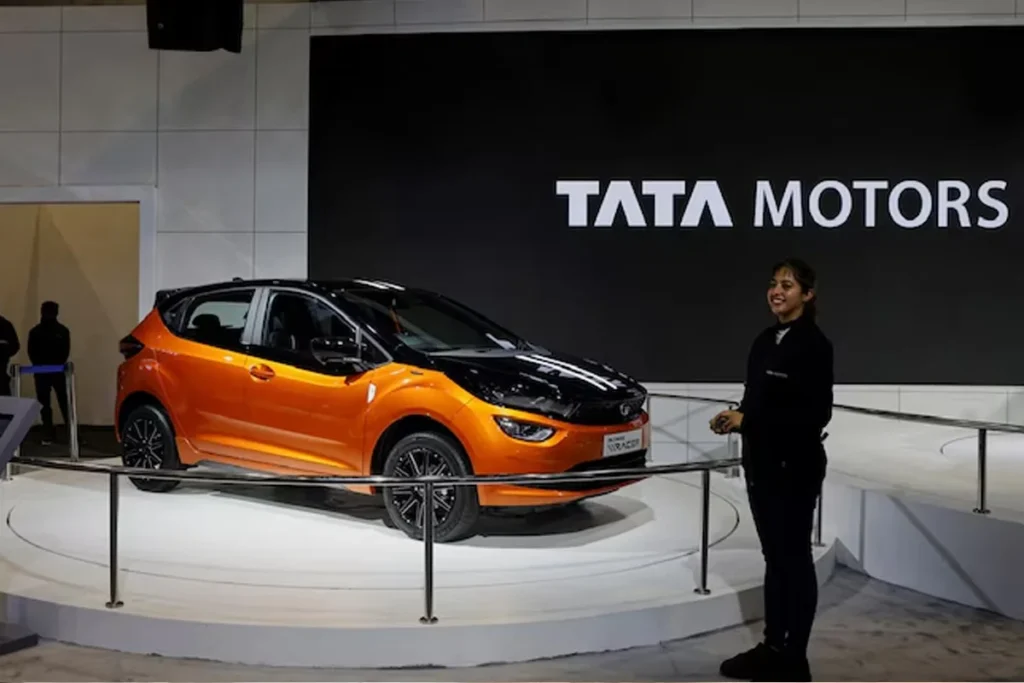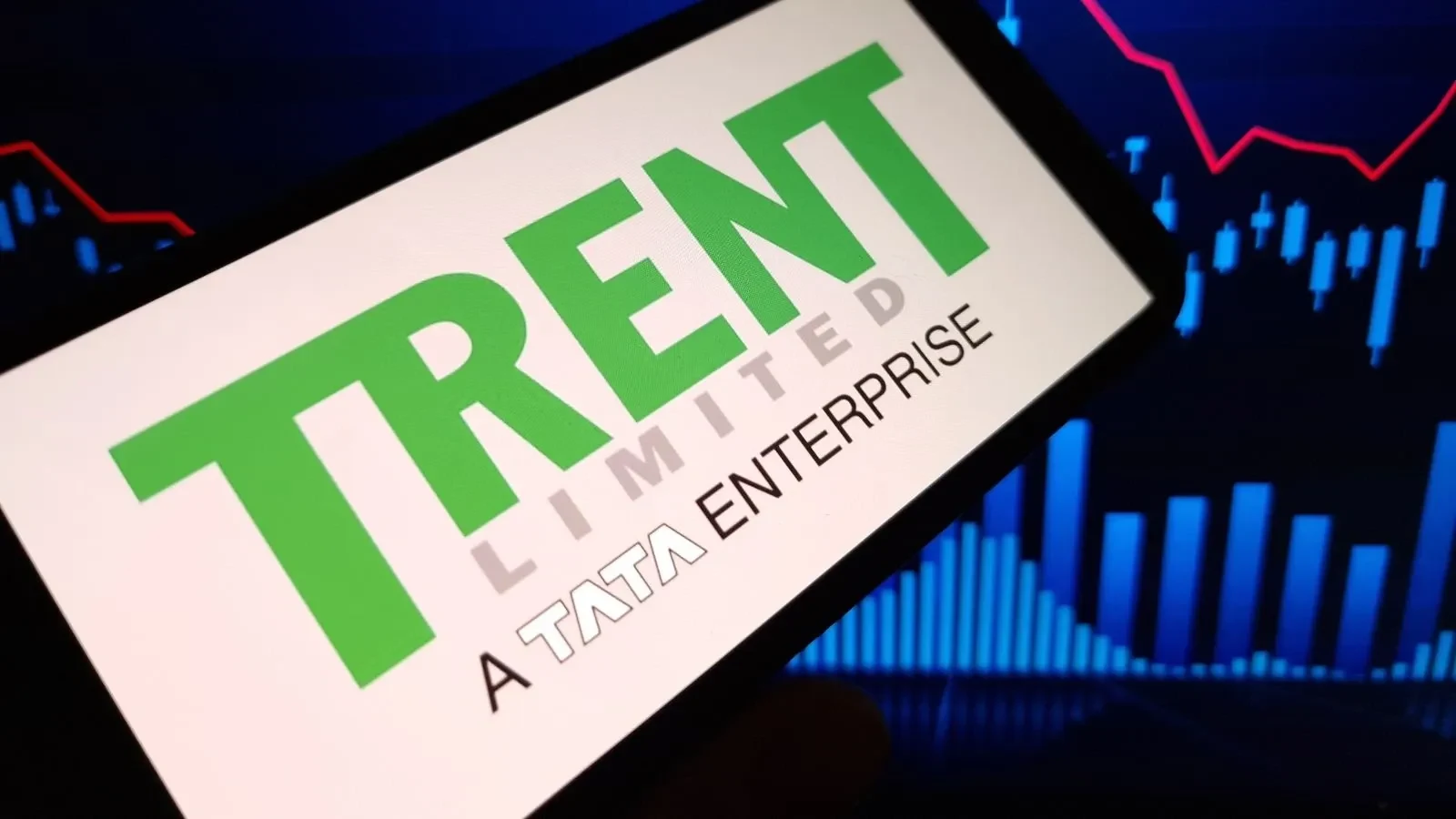Tata Motors Demerger: What will be the impact on your shares and tax?
A major news in the stock market has caught investors’ attention. The Tata Motors demerger officially took effect on October 1, splitting its commercial vehicle (CV) and passenger vehicle (PV) businesses into two separately listed companies. This move is not only important for Tata Motors’ long-term growth plans, but is also crucial for retail investors as it has a direct impact on Tata Motors’ share price and tax treatment.
Tata Motors Demerger: Record Date and Share Allocation
Following the demerger, investors holding Tata Motors shares on October 14 will receive one share of a new company – TML Commercial Vehicles Ltd – for every Tata Motors share. This means that if you hold 100 Tata Motors shares, you will also be allotted 100 shares of the new CV company. These new shares are expected to be listed on the stock exchanges by the first week of November. Naturally, this development could have both short-term and long-term impacts on the Tata Motors share price.
Cost of Acquisition: Not Free Shares, Correct Calculation Required

Many investors think that the new shares received during a demerger are a kind of “free stock.” But this is not actually the case. Income tax rules require you to split your original cost of acquisition between the shares of the parent and the new company, based on their net book value (NBV).
For example, if Tata Motors announces that a 60:40 ratio will apply, and you purchased a share for ₹1,000, then ₹600 would be considered a cost to the parent company and ₹400 to the new company. This ratio is announced by the company or registrar through clear communication. This method is the safest and most accurate for investors when selling their Tata Motors shares.
Will there be any tax now?
The biggest good news is that after the Tata Motors demerger, when the new shares are credited to your demat account, there is no immediate tax implication. Section 47(vib)/(vid)/(vb) of the Income Tax Act clarifies that the transfer that takes place during the demerger is not considered a taxable transfer. In simple words, you will have to pay tax only when you sell your shares. Until then, you simply need to properly record your purchase cost and NBV ratio.
Holding Period and Long-Term Capital Gains
Another confusion arises as to whether the holding period resets after a demerger. The answer is no. According to the law, the holding period of your new shares continues with the holding period of your parent company’s shares.
Suppose you purchased Tata Motors shares in 2021 and now the demerger occurs in 2023, then the holding period of the shares of both companies will be counted from 2021. The advantage of this is that if you hold the shares for more than 12 months, both shares will automatically fall into the long-term capital gains (LTCG) category, which has a lower taxation rate. Many investors miss this small detail and end up paying higher taxes due to incorrect reporting.
Dividend and Taxation
After the demerger, both companies will declare their dividends separately. Another important point to remember here is that any dividend received will be subject to TDS (Tax Deducted at Source) and will be taxable under the head “Income from Other Sources.” This is treated differently from capital gains. Therefore, when you file your ITR, you must show dividends and capital gains in separate categories.
Keep Accurate Records to Avoid Penalties

The most important thing is that investors maintain their records properly. The NBV ratio communication from the company or RTA should be preserved. Label the shares in your demat or portfolio spreadsheet and manually cross-check your cost basis whenever selling. Don’t rely solely on the numbers displayed on the trading platform.
If you file a tax return, ensure proper reporting in Schedule 112A. Many tax software currently support this process, but you’ll need to verify and enter the numbers yourself. Correct reporting can help avoid unnecessary penalties and tax notices.
Market Impact of Tata Motors Demerger
Market experts predict that both the Tata Motors share price and the listing of the new CV company will usher in an exciting phase for investors. Tata Motors is already seeing aggressive growth in the EV and passenger vehicle segments, while the commercial vehicle unit will adopt its own focused strategy after the separation. In the long term, the valuations of both companies will be clear, providing shareholders with the double benefit of transparency and growth.
Disclaimer:
The views and recommendations above are those of individual analysts or brokerage companies, not US News Weeks. We advise investors to check with certified experts before making any investment decisions.
Also Read
Netweb Share Price Hits Record High | Stock Surges on AI Orders







